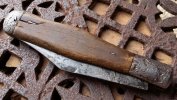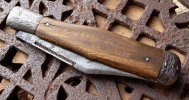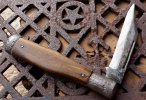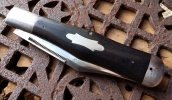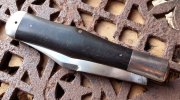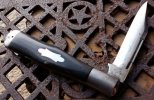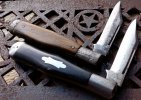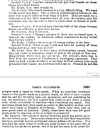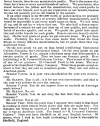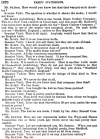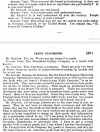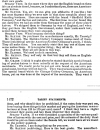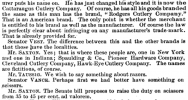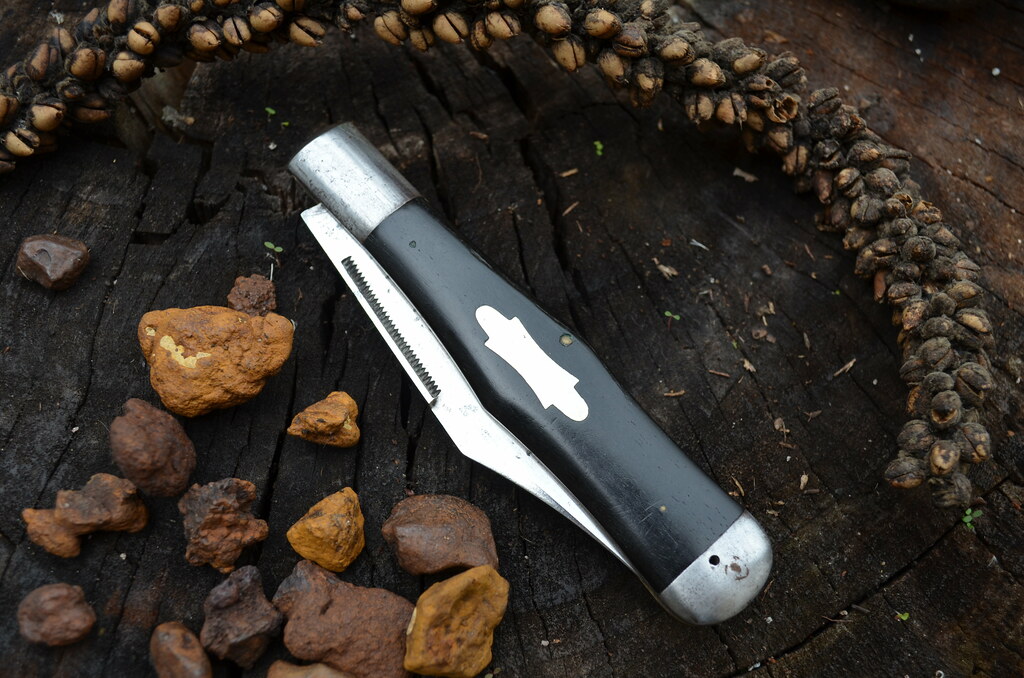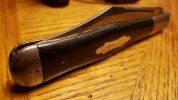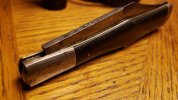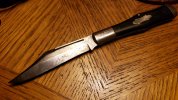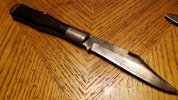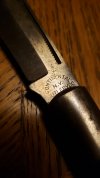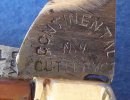 Gevonovich
Gevonovich
Wow did I find some good reading over the weekend, I found Congressional records of the debates leading up to the cutlery and gun tariffs of 1890 (the McKinley tariffs) and it really had descriptive insight from the importer's point of view... specifically from two men; A.H. Saxton from Alfred Field & Co representing the Sheffield based imported knives and George W Korn who at the time was a successful importer, specializing in the German Solingen knives. Long story short, these two guys were fighting Congress for their livelihood to maintain the tariff rate at the time, which was 50% ad valorem in the late 1880's, in lieu of the proposed increase in tariff's which basically focused on attacking their most successful import products which were inexpensively made knives that they could import and sell with great profit margins in the U.S.
Part way down pg. 1669 (below) confirms exactly what
H
herder
said earlier... Mr Saxton mentions that when they get a knife order for $10,000 they would get knives from 50 or 60 or 70 knife manufacturer's throughout England/Europe and they would basically grade all of the knives that come in based on quality. The top grade quality knives they put their own name on and the next grade they branded as Continental Cutlery Co. So I guess that explains why the "nice" Continental Cutlery coke bottle knife I have just feels awesome in hand

In the late 1800's, Alfred Field & Co was the biggest importer to the U.S. relying on the two pools of Sheffield, England and Solingen, Germany for most of their products distributed here. I did not realize that many of the American knife "manufacturer's" really started out as sellers of these knives and I'm sure most of you knew this but it was news to me that these American companies would take the quality import knives, have them stamped with their own brand names and distributed them to hardware merchants all around the country in an effort to establish themselves to the public as top notch knife manufacturers. In the meantime they would try to mimic the quality of the imported brand with their own manufacturing with the ultimate hope they could eventually stop using the imported knives altogether and sell their in-house manufactured brands. Some were successful, some definitely were not and those failed manufacturers were exposed once the tariffs kicked in and the import knives they were selling dried up. I have a hunch a lot of knife "manufacturer's" went out of business around the turn of the century.

So with that said, I noticed in Goins that Robeson Cutlery was established in 1893 as an import and jobbing firm so it got me thinking about Mr Noyes letter posted earlier... I wonder if instead of Robeson manufacturing knives branded as Continental Cutlery, if they actually used the Continental Cutlery brand to "bolster"

their own name and developed some of their knives based on them? I'm sure it is a chicken vs. egg debate but it seems to make more sense since the Continental brand was around well before Robeson. They may have eventually purchased the rights to the name... I did a trademark search and could not find anything online regarding the history of the Continental Cutlery "brand".
Enjoy the reading below, it's very interesting. If you want to explore more, go into the Google Book search engine and type in "saxton" "knife" "tariff" and you will find hours of reading material regarding the tariffs of 1890.
View attachment 932074
View attachment 932086
View attachment 932087
View attachment 932088
View attachment 932089
View attachment 932090






